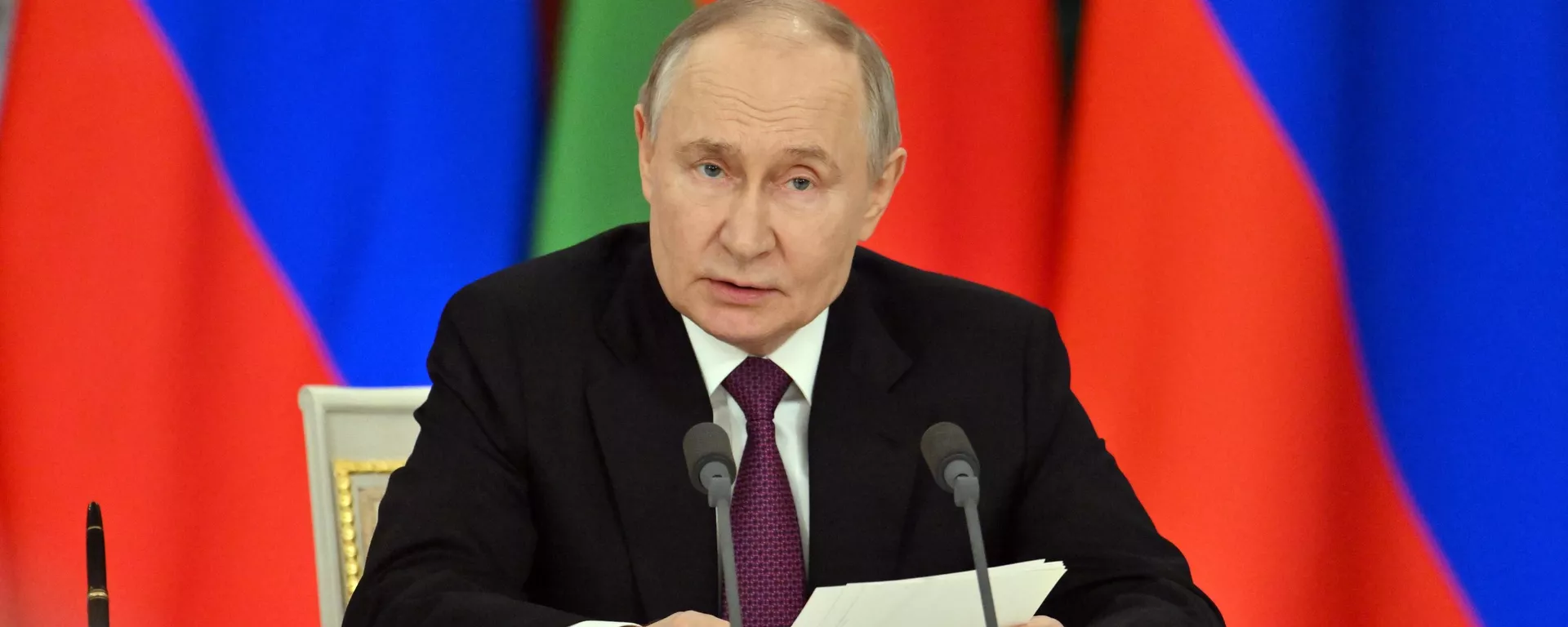Some Chinese-owned solar factories in Vietnam are cutting production and laying off workers due to the expansion of US trade tariffs targeting several Southeast Asian countries, while new Chinese-owned solar plants are popping up in Indonesia and Laos to circumvent the US tariffs, Reuters reported on Monday.
The development not only showcases the flexible response of Chinese solar manufacturers in the face of trade barriers but also highlights a major shift within the global PV industrial chain. The increased trade barriers imposed by the US on countries like Vietnam undoubtedly exert pressure on Chinese solar companies operating in those regions, underscoring the direct impact of US trade policies on developing economies.
However, rather than being deterred, Chinese companies are actively exploring new opportunities by shifting investments to countries such as Indonesia and Laos, which remain unaffected by US tariffs.
These nations offer geographical proximity as well as relatively low labor and land costs, creating favorable conditions for the relocation of the PV industry.
The development not only showcases the flexible response of Chinese solar manufacturers in the face of trade barriers but also highlights a major shift within the global PV industrial chain. The increased trade barriers imposed by the US on countries like Vietnam undoubtedly exert pressure on Chinese solar companies operating in those regions, underscoring the direct impact of US trade policies on developing economies.
However, rather than being deterred, Chinese companies are actively exploring new opportunities by shifting investments to countries such as Indonesia and Laos, which remain unaffected by US tariffs.
These nations offer geographical proximity as well as relatively low labor and land costs, creating favorable conditions for the relocation of the PV industry.
Despite the shift in production locations for these factories, their primary export destination is still the US market. This is largely due to the fact that Chinese-made PV products, even when manufactured in countries like Indonesia, still enjoy a significant cost advantage, resulting in a considerable dependence of the US market on these products.
Moreover, Chinese companies' transfer of investments to other developing countries is not merely a response to US trade barriers. A more meaningful reason stems from the pressures China faces due to the US "decoupling" strategy within the global industrial chain, which pushes Chinese companies to actively pursue investment opportunities in various regions worldwide.
This strategic shift helps Chinese PV companies mitigate trade risks and promotes the development of the PV industry in developing nations by bringing advanced manufacturing expertise and employment opportunities. From this perspective, global investment transfers by Chinese companies serve to protect their own interests while advancing the cause of global sustainable development.
However, this round of industrial transfer is not without its challenges. The most pressing concern is whether the US will expand trade barriers and include PV products from these new investment destinations in Southeast Asia on the list of goods subject to additional tariffs. This uncertainty looms over the global PV industry like the sword of Damocles, casting a shadow over the entire sector.
Moreover, Chinese companies' transfer of investments to other developing countries is not merely a response to US trade barriers. A more meaningful reason stems from the pressures China faces due to the US "decoupling" strategy within the global industrial chain, which pushes Chinese companies to actively pursue investment opportunities in various regions worldwide.
This strategic shift helps Chinese PV companies mitigate trade risks and promotes the development of the PV industry in developing nations by bringing advanced manufacturing expertise and employment opportunities. From this perspective, global investment transfers by Chinese companies serve to protect their own interests while advancing the cause of global sustainable development.
However, this round of industrial transfer is not without its challenges. The most pressing concern is whether the US will expand trade barriers and include PV products from these new investment destinations in Southeast Asia on the list of goods subject to additional tariffs. This uncertainty looms over the global PV industry like the sword of Damocles, casting a shadow over the entire sector.
If the US really continues on this approach, the negative consequences of its "decoupling" policy with China will extend beyond the two nations, leading to widespread trade restrictions that affect developing countries worldwide. This will impede the healthy development of the global PV industrial chain and disrupt mutually beneficial cooperation among countries in this sector, and also backfire on the US, undermining its competitiveness and influence in the global PV market.
By comparison, China has tried to maintain the security and stability of its own industrial, supply and trade chains, while also actively engaging in global development cooperation.
China strives to create more opportunities and platforms for developing countries, enabling them to collaboratively address pressing global challenges.
Against this backdrop, if the US does not rein in its reckless tariff policies, it is highly likely to become a formidable obstacle to global development.
Continuing with a trade war mentality will only see the US escalating trade tensions with China into a broader trade war against the world that could isolate itself from the global green industrial chain, thereby missing out on further cooperation and development opportunities.
This article was originally published by Global Times.

 5 months ago
39
5 months ago
39








 We deliver critical software at unparalleled value and speed to help your business thrive
We deliver critical software at unparalleled value and speed to help your business thrive






 English (US) ·
English (US) ·